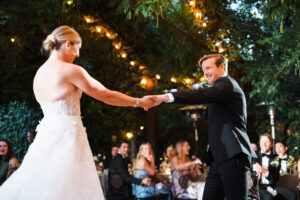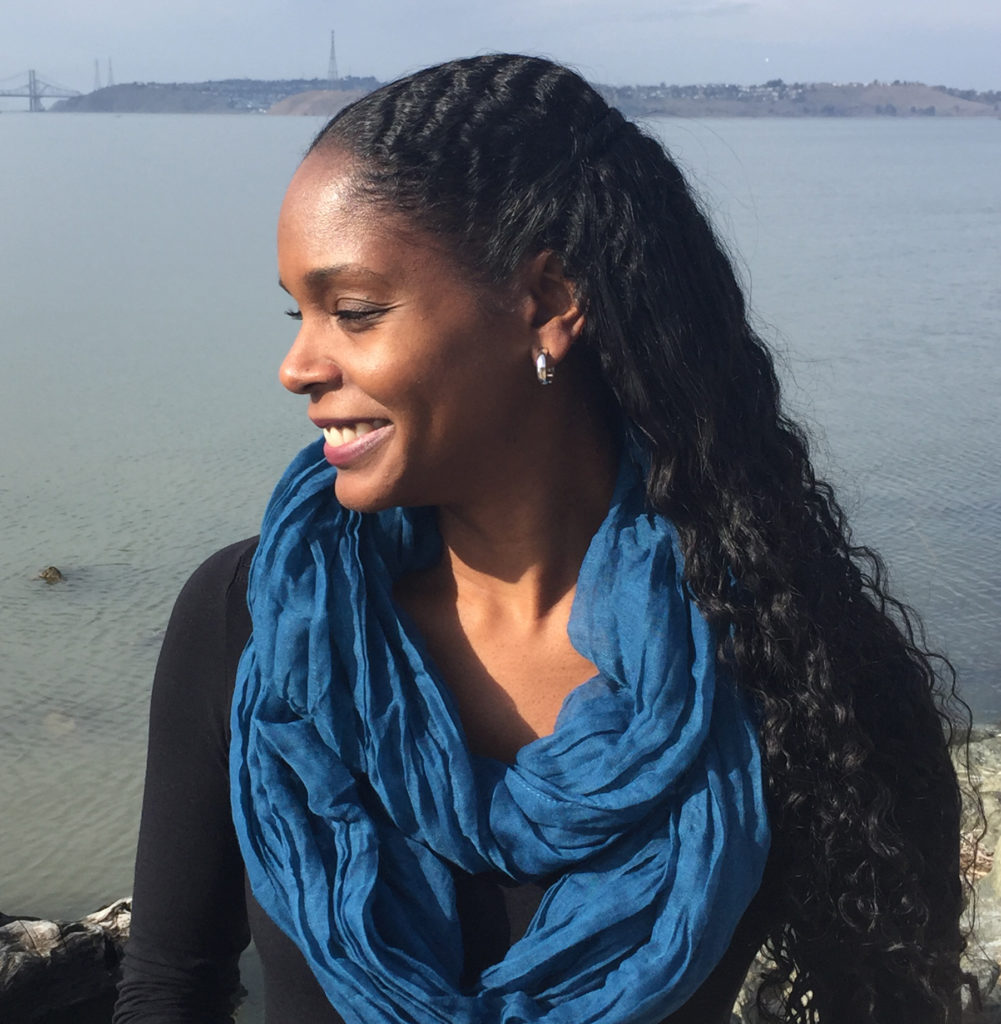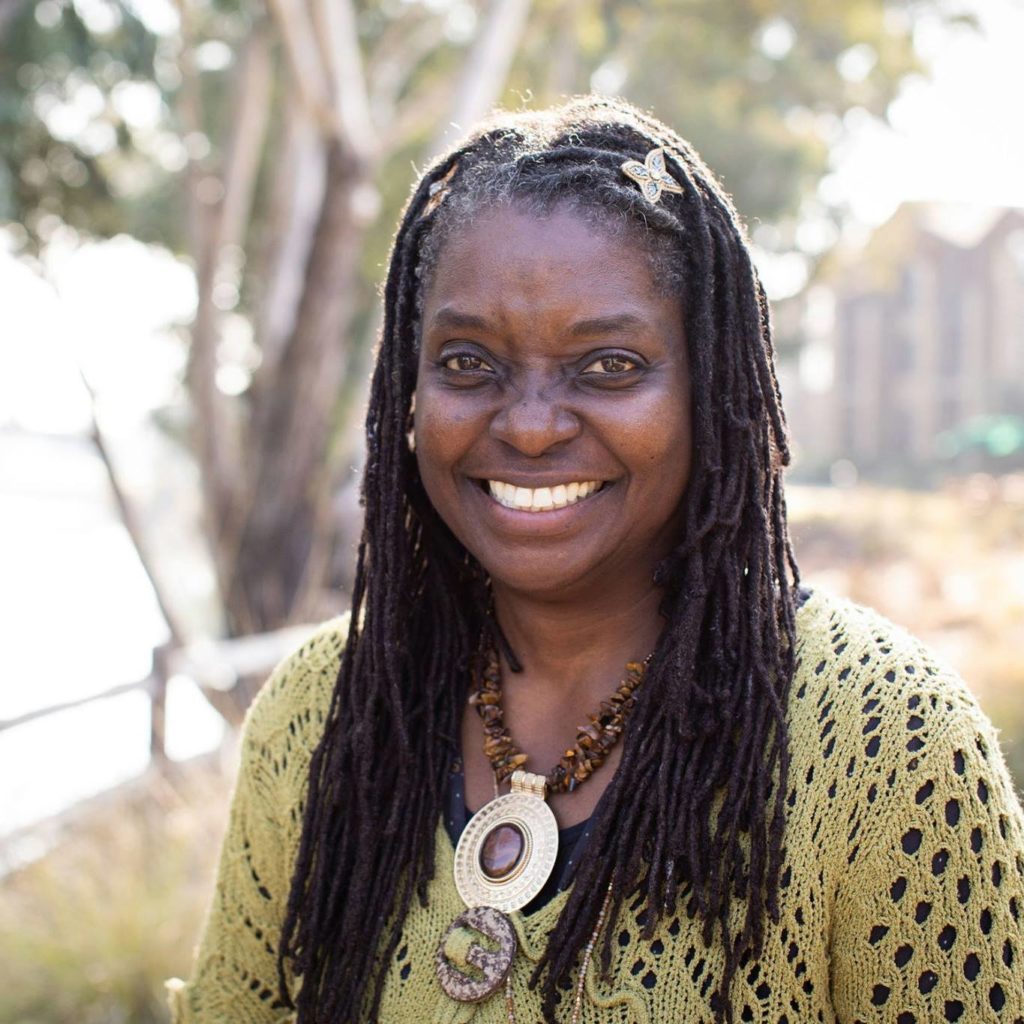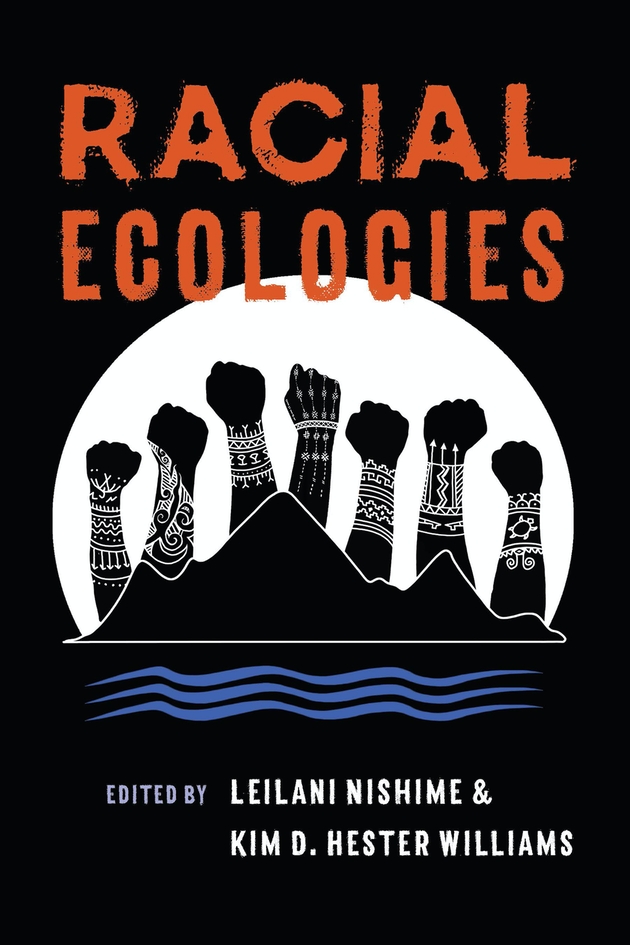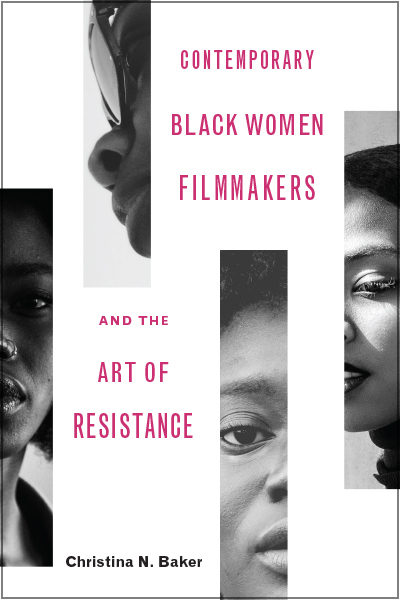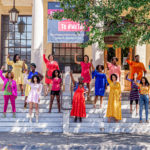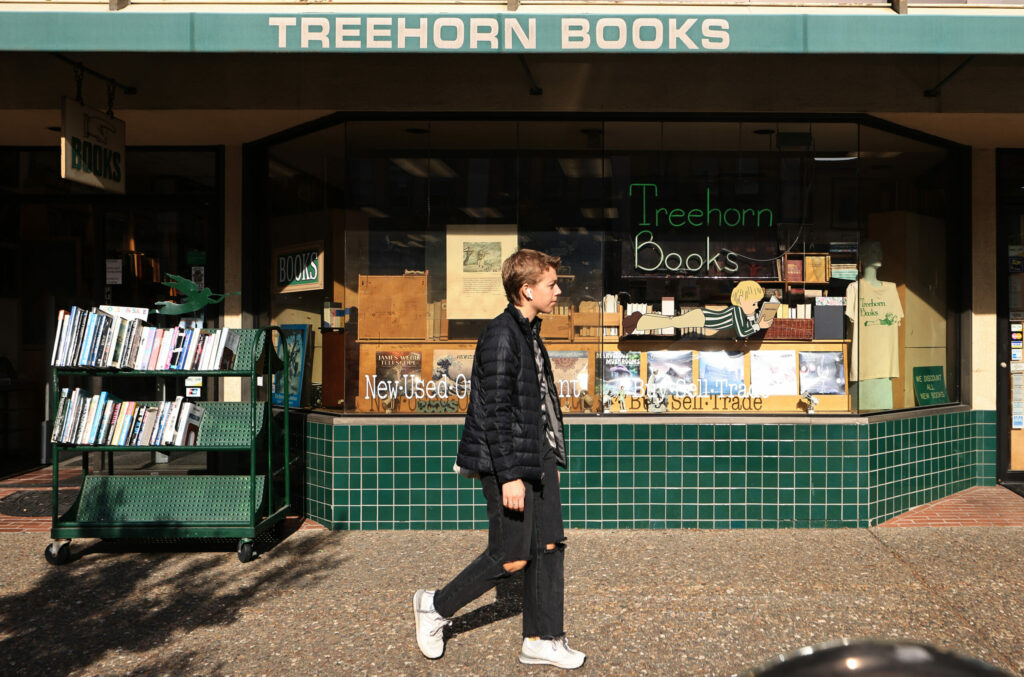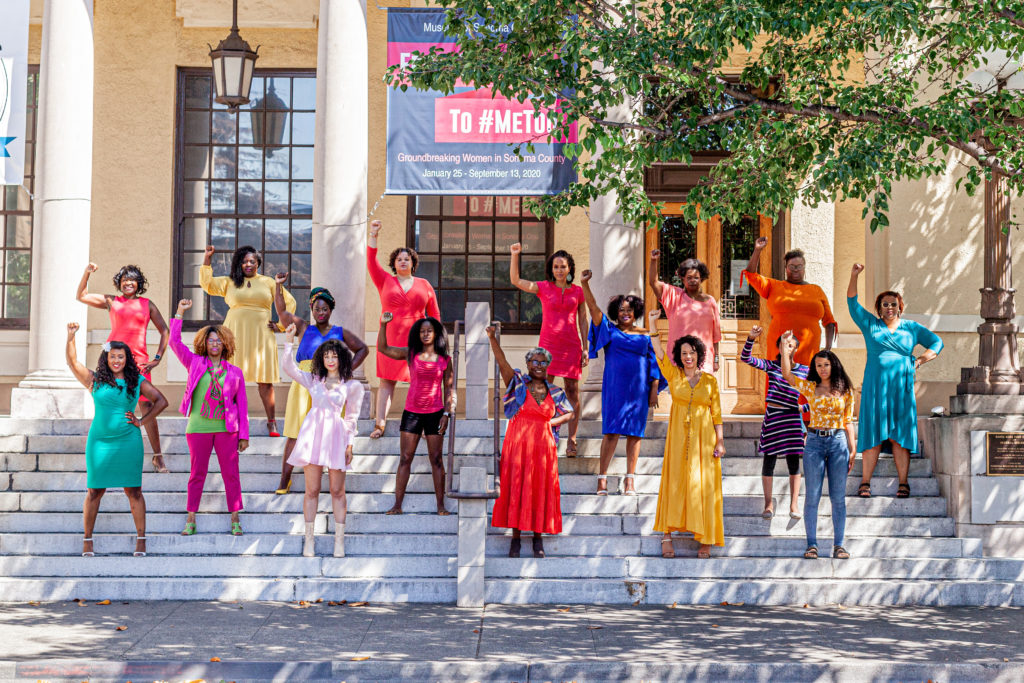The Black Lives Matter protests and national discussion about systemic racism have led to a surge of interest in books and films about race relations and the Black experience in America.
We asked Sonoma State University professors Dr. Kimberly Hester Williams and Dr. Christina Baker for their advice on books to read and movies to watch right now. Many titles are available in local bookstores and from the Sonoma County Library.
‘Good books can help foster empathy’
Dr. Kimberly Hester Williams, Professor of English literature and American multicultural studies, has received many requests for her reading recommendations in the past few weeks, including from K-12 teachers.
“As a professor of literature, that’s a hard one because, frankly, antiracist scholarship and fiction has been in play and circulating since the 17th century, at least in the ‘Americas’ context,” said Dr. Williams.
In response to the many requests she gets, her reading list continues to expand. High on it are the works of Nobel and Pulitzer Prize winner Toni Morrison.
“Her facility with language is extraordinary and provokes the deepest empathy in students that I have seen in the classroom,” she said.
Other books high on the professor’s list are Ibram X. Kendi’s “How To Be An Antiracist,” which Hester Williams calls a “phenomenal and crucial work;” Michael Eric Dyson’s “Tears We Cannot Stop;” Octavia Butler’s “Kindred” and James Baldwin’s essays.
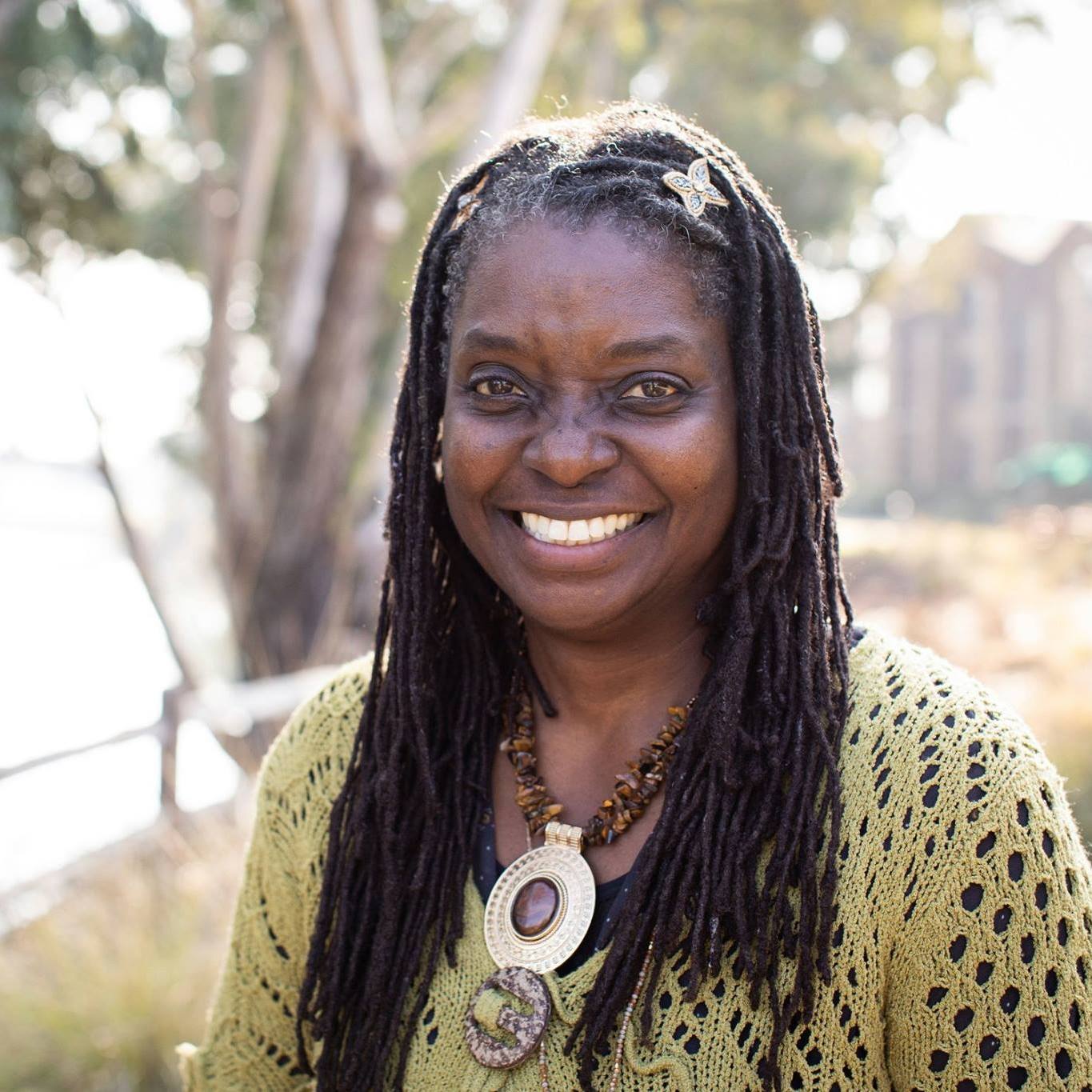
To help people understand how racism and environmental issues overlap, she co-edited “Racial Ecologies” with University of Washington professor Leilani Nishime. The book of essays examines how “environmental threats and degradation disproportionately affect communities of color” and covers the water crisis in Flint, Michigan, and the Dakota Access Pipeline controversy.
Hester Williams wants Americans to learn about the history of racism. For that, she suggests works by activists and writers from Frederick Douglass and Harriet Jacobs to the Grimké sisters and Henry David Thoreau.
“We need to know how much force has been levied against racism so that we can have the strength to continue that work,” she said.
‘Viewing works of marginalized voices is crucial for change’
If books can engender the empathy needed to bring about progress toward ending racism, film also has an important role to play.
As a film lover, Christina Baker, said she knew she needed to create a book on Black women filmmakers when, year after year, her film students couldn’t name Black film directors other than Spike Lee, Tyler Perry and John Singleton. With that in mind, she authored “Contemporary Black Women Filmmakers and The Art of Resistance.”
Baker believes the most effective way to combat racism is to fight on two fronts: the cultural and the structural.
“If we focus only on our laws and policies, we’re neglecting the power of our ideas, beliefs, and creativity … Our ideas, words, and art can change people’s minds and hearts in ways that no law can ever do,” she said.
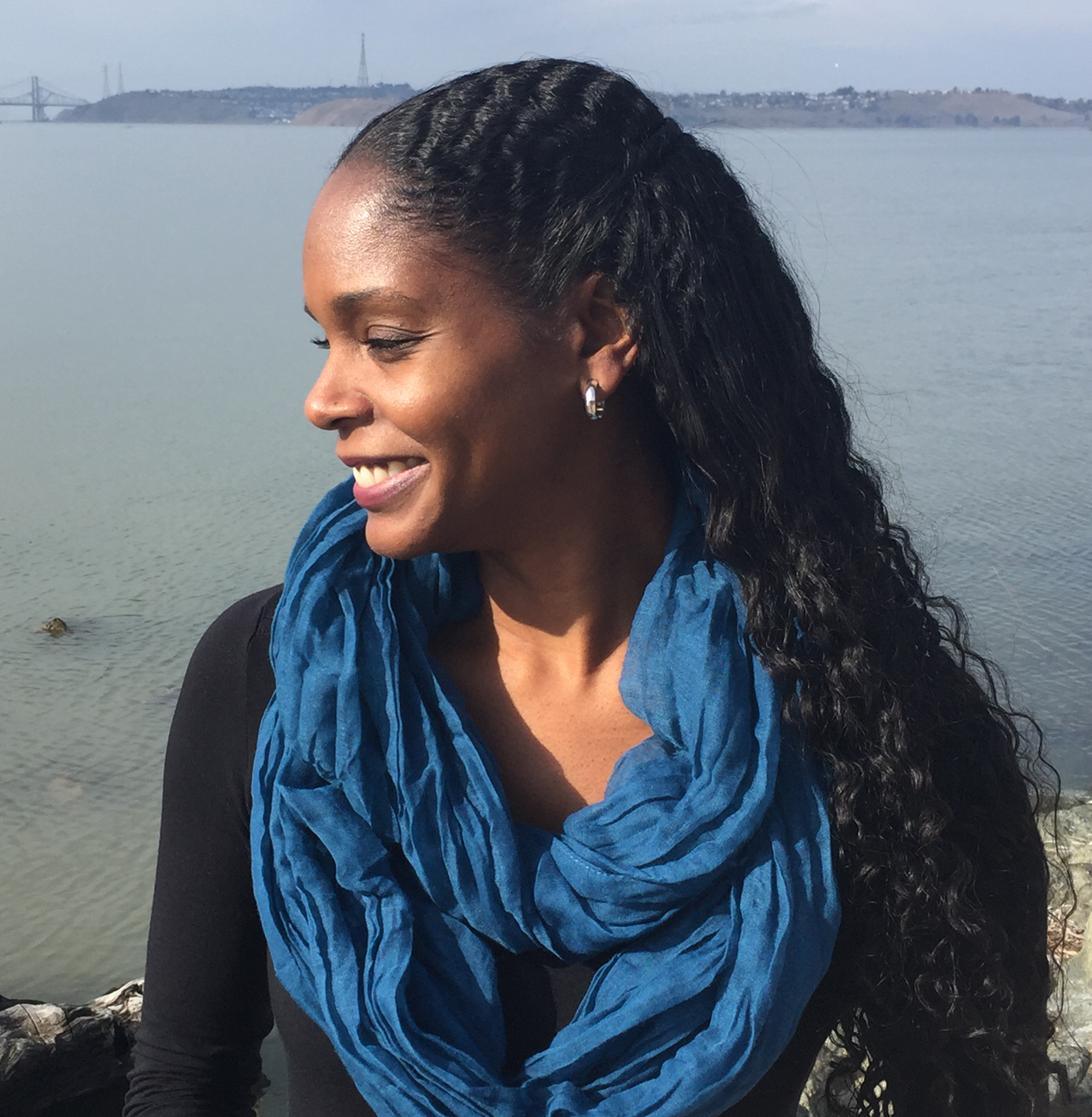
Baker’s book is an in-depth look at the work of five Black women filmmakers and their influence on the art form. These films present authentic, nuanced Black female characters unlike the distorted Black female mischaracterizations prevalent in Hollywood, even in widely praised films, from “Gone with the Wind” to “Monster’s Ball” to “Precious.”
While most people know the movie “Selma,” fewer know it was written and directed by prolific Black cinematic artist Ava DuVernay. One chapter of Baker’s book is called “Unicorns,” a metaphor DuVernay used to describe the perception of women or people of color in Hollywood.
Baker believes films should not only address racism head-on, as in DuVernay’s “Selma” and “13th,” but that there is also a need to see the nuanced portrayals of relationships and social connections depicted in, for example, Stella Meghie’s films “The Photograph” and “Everything, Everything.”
“We need both of these — social justice and social connection — as we attempt to create a more positive future, and DuVernay and Meghie convey this beautifully through their films,” Baker said.
Viewing works of marginalized and excluded voices, like those represented by DuVernay’s independent film company Array, is crucial for cultural change, she added.
Below is Dr. Williams’ anti-racist reading recommendations, followed by Dr. Bakers’ viewing recommendations.
Books to Read
Stamped From The Beginning by Ibram X. Kendi
How To Be An Antiracist by Ibram X. Kendi
White Fragility by Robin DiAngelo
Dying Of Whiteness by Jonathan M. Metzl
Between The World And Me by Ta-Nehisi Coates
Tears We Cannot Stop by Michael Eric Dyson
Beloved by Toni Morrison
The Bluest Eye by Toni Morrison
Kindred by Octavia Butler
Race Matters by Cornel West
If They Come In The Morning by Angela Davis
The Fire Next Time by James Baldwin
Notes of a Native Son by James Baldwin
Letter From a Region in My Mind by James Baldwin in The New Yorker (read here)
A Talk to Teachers by James Baldwin
Citizen: An American Lyric by Claudia Rankine
Heavy: An American Memoir by Kiese Laymon
White Like Me by Tim Wise
The Possessive Investment in Whiteness by George Lipsitz
How Racism Takes Place by George Lipsitz
Racial Ecologies co-edited by LeiLani Nishime and Kim D. Hester Williams
So You Want to Talk About Race by Ijeoma Oluo
Me And White Supremacy by Layla Saad
Mindful of Race: Transforming Racism From The Inside Out by Ruth King
Movies to Watch
13th by Ava DuVernay
A Litany for Survival: The Life and Work of Audre Lorde by Michelle Parkerson and Ada Gay Griffin
Beyond the Lights by Gina Prince Bythewood
Everything Everything by Stella Meghie
Eve’s Bayou by Kasi Lemmons
Harriet by Kasi Lemmons
Losing Ground by Kathleen Collins
Love & Basketball by Gina Prince Bythewood
Middle of Nowhere by Ava DuVernay
Night Catches Us by Tanya Hamilton
Pariah by Dee Rees
Selma by Ava DuVernay
Something New by Sanaa Hamri
The Photograph by Stella Meghie
The Watermelon Woman by Cheryl Dunye
When They See Us (miniseries) by Ava DuVernay
Whose Streets? by Sabaah Folayan
More Movie Resources
ARRAY, also known as ARRAY Now, is an independent distribution company launched by film maker Ava DuVernay. The company is dedicated to “the amplification of independent films by people of color and and women filmmakers.” arraynow.com.
Contemporary Black Women Filmmakers and the Art of Resistance by Christina Baker
Kasi Lemmons Interviews edited by Christina Baker (due out in January 2021)


